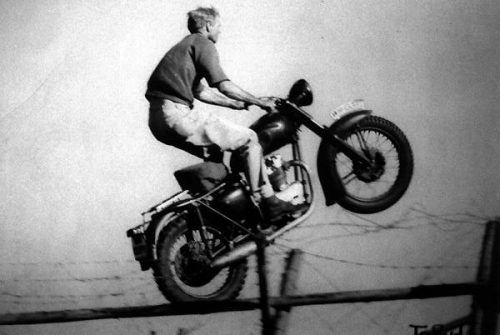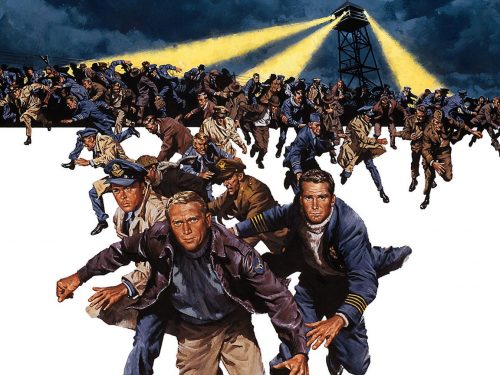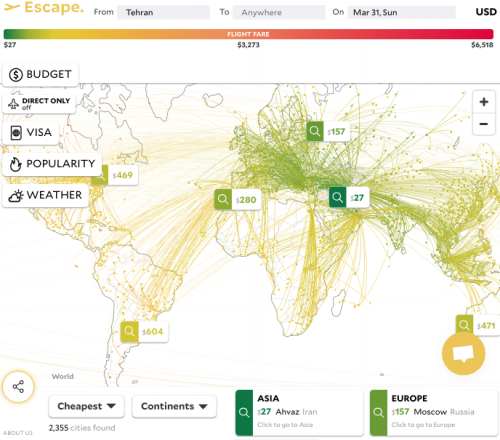Radio Praha remembers this sad day in history with a post including some poetry. It begins…
Eighty years ago today, on March 15 1939, Hitler gave Czechoslovak President Emil Hácha a stark choice: accept becoming a protectorate or face destruction.
There was no choice, really, as Hácha was tortured and literally manipulated by Nazi “doctors” into signing away his country’s existence. An eye-witness (M. Coulondre, French Ambassador in Berlin, in the French Yellow Book) reported it as heart-attack and injections until the suicidal papers were signed.
President Hácha was in such a state of exhaustion that he more than once needed medical attention from the doctors, who, by the way, had been there ready for service since the beginning of the interview. […] At 4:30 in the morning, Dr. Hacha, in a state of total collapse, and kept going only by means of injections, resigned himself with death in his soul to give his signature.
Two very notable points are made in the Radio Praha post, which a reader hopefully will not miss so I’ll call them out here.
1) Chamberlain was fighting an uphill political battle in Britain to oppose Hitler’s insanity. Although in retrospect many obviously want to say Chamberlain should have been more aggressive towards Nazi Germany, at the time he had to carefully navigate through many in Britain who wanted to embrace fascism.
Six months after the Munich deal was struck, Chamberlain explained invasion of Czechoslovakia as his “I told you so” moment to allow him to declare war, instead of being an oops moment he regretted. It’s a very subtle and important distinction in the texts.
It has been suggested that this occupation of Czecho-Slovakia was the direct consequence of the visit which I paid to Germany last autumn. It is said that, as this was the personal policy of the prime minister, the blame for the fate of Czecho-Slovakia must rest upon his shoulders.
“I may remind you that, when it was first announced that I was going, not a voice was raised in criticism. Everyone applauded that effort. It was only later, when it appeared that the results of the final settlement fell short of the expectations of some who did not fully appreciate the facts-it was only then that the attack began, and even then it was not the visit, it was the terms of settlement that were disapproved.
Had Britain been more aggressively opposed to Hitler earlier there’s a good chance Hitler would have been assassinated by the Nazi military itself, but that’s tough speculation. We know General Beck said his coup plans were cooled when he thought foreign nations wouldn’t support it.
More certain is the fact Chamberlain was trying to keep pro-Hitler factions at bay in his own country. He would likely have lost control of Britain by moving faster or more decisively against Germany. Chamberlain’s cautious approach ultimately meant handing control of his party to Churchill, who earlier had more aggressively opposed fascism.
While handing control to Churchill meant Chamberlain himself took a step away from leading, his party neither lost control (as Churchill famously proved) nor did Chamberlain allow Britain to side with the Nazis as so many in Britain had hoped. That’s the political complexity and proper context for the “I may remind you” quote above.
2) A popular commentator in Prague used a form of poetry to navigate the dark veil of censorship by Nazis
Allow me to mention a non-military fact. Somewhere from afar a black crow flew over Prague. It circled above the National Museum building above the headlights and listening devices of the German army and headed down Wenceslas Square to Můstek. Perhaps the crow was surprised by the noise it had heard and the picture it saw below.
Radio Praha points out that his attempts to avoid Nazi censorship weren’t enough, however.
…eventually they lost patience with František Kocourek. He was arrested by the Gestapo and would later die like so many others in Auschwitz-Birkenau.



